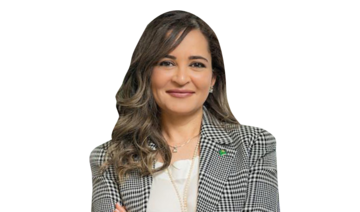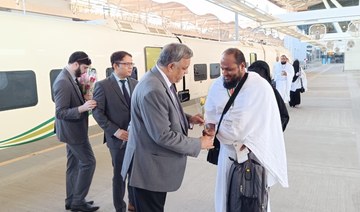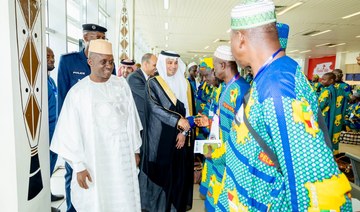JEDDAH: The Ministry of Human Resources and Social Development branch in Makkah on May 26 organized a social responsibility forum with the theme, “Social Responsibility to Serve the Pilgrims.”
The forum featured dialogue sessions covering topics such as developing a social responsibility strategy, introducing a program to assist visitors to the Holy Mosques and identify development opportunities, discussing social responsibility in the private sector, exploring the role of social responsibility in domestic pilgrim companies, and showcasing the Sustainable Camp Initiative.
Kholoud Al Thagafi, a faculty member at King Abdulaziz University, addressed the topic of social responsibility in the private sector by discussing the key priorities for directing initiatives and programs, highlighting the essential pillars of success, and identifying obstacles that hinder the effectiveness of social responsibility programs.
“Social responsibility in the private sector is not just a duty but a pathway to sustainable success. By prioritizing contributions, focusing on key pillars of achievement, and overcoming obstacles, we pave the way for impactful change and a brighter future for all,” she said.
She also provided insights into companies that have made significant contributions to community service.
The forum included development workshops designed to cultivate a culture of social responsibility and foster innovative initiatives geared toward societal advancement and enhancing services for pilgrims. An accompanying exhibition showcased various best practices in social responsibility, emphasizing their effects in the region. The exhibition also highlighted the efforts of institutions and sectors in carrying out social responsibility initiatives to cater to the needs of the pilgrims.
During the forum, the Ministry of Human Resources and Social Development branch signed six cooperation agreements with key entities in the private sector, including the General Administration of Social Responsibility and Voluntary Work at the Ministry of Hajj and Umrah, the Royal Commission for Makkah City and Holy Sites, the Jeddah Development Authority, the Ritz-Carlton Hotel in Jeddah, Nestle Arabia Company, and Saudi Arabian Marketing and Agencies Company.
These partnerships aim to bolster social responsibility initiatives in various sectors in the region and work toward realizing the objectives of Saudi Arabia’s Vision 2030.
Abdulrahman Alrefaie, assistant director of human resources at the Ritz-Carlton, shared his thoughts on the partnership agreement with the ministry, saying: “By collaborating with the ministry, we are reaffirming our dedication to making a positive impact on society. This partnership will enable us to align our initiatives with national goals, ensuring that our efforts contribute to the greater good.
“We will be working closely with the ministry to implement and promote sustainable practices within the hotel and the community. This includes initiatives focused on environmental conservation, education, and health and well-being.”
In emphasizing the initiative’s broader impact, Alrefaie expressed a hope to inspire other businesses and organizations to embrace social responsibility, aiming to inspire a ripple effect of positive change throughout Saudi Arabia.
“The Ministry of Human Resources and Social Development’s remarkable initiative showcases their steadfast dedication to fostering social responsibility and community development, which is truly commendable. Together, we are paving the way for a brighter, more inclusive future through this valuable partnership,” he added.




























